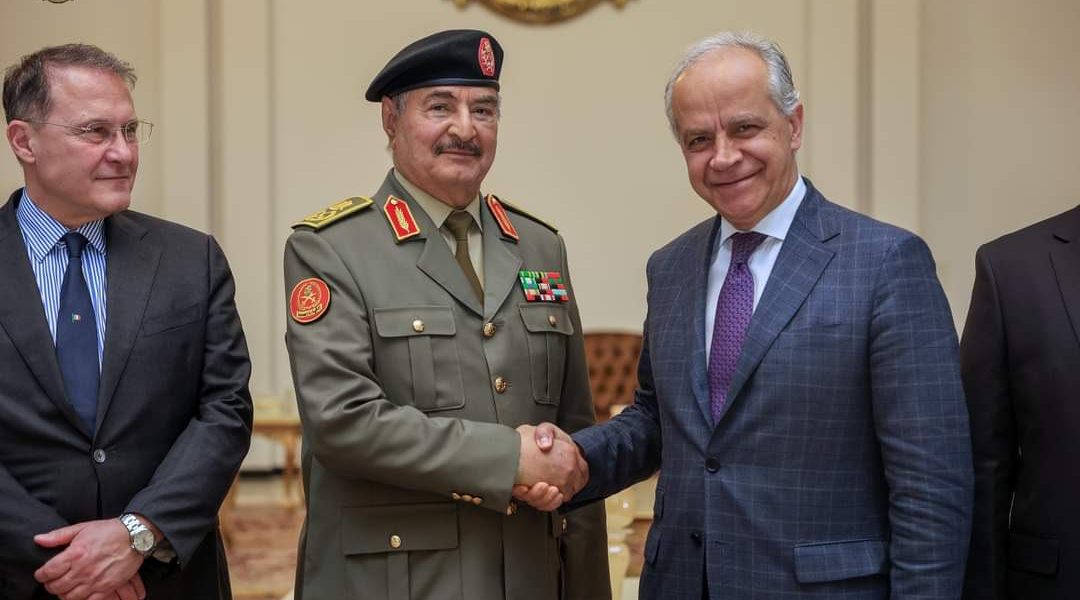Recent developments in Libya have underscored Vladimir Putin’s ambitions to extend Russia’s influence in the region through enhanced military cooperation with Khalifa Haftar, the leader of the eastern-based forces. Putin’s maneuvering in Libya has raised geopolitical tensions, drawing attention to the strategic significance of the North African nation.
Strengthening Military Ties
In a bid to expand Moscow’s footprint, Russian Deputy Defense Minister Yunus-bek Yevkurov visited Libya on May 31st and met with Khalifa Haftar in Benghazi. This marked Russia’s renewed commitment to bolstering the capabilities of Haftar’s eastern forces. Putin’s backing of Haftar dates back to at least 2018, with Russia providing support through the Wagner Group, a private military contractor.
Divided Political Landscape
Libya remains politically divided between two rival administrations: the internationally recognized Government of National Unity (GNU) based in Tripoli and Haftar’s eastern-based administration. Russia’s support for Haftar aligns with its interests in securing access to Libya’s vast oil reserves and lucrative construction contracts.
Economic and Strategic Interests
Haftar’s demands for advanced air defense systems and military training from Russia reflect his desire to strengthen his position against rival factions. In exchange, he offers air bases for Russian forces, allowing Moscow to establish a significant presence in North Africa. Libya’s strategic location and abundant natural resources make it an attractive battleground for global powers seeking to advance their interests.
Escalating Geopolitical Rivalry
Putin’s deepening ties with Haftar have raised concerns among Western powers, particularly the United States and the European Union. These concerns are compounded by Russia’s ongoing standoff with the West over its actions in Ukraine. Washington fears that a strengthened Russian presence in Libya could undermine regional stability and threaten the interests of its European allies.
Conclusion
As Putin seeks to expand Russia’s influence in Libya, the geopolitical landscape in North Africa becomes increasingly complex. The rivalry between Russia and Western powers intensifies, with Libya emerging as a key battleground. The outcome of this struggle will have far-reaching implications for regional stability and global security. As such, the international community must closely monitor developments in Libya and work towards finding diplomatic solutions to prevent further escalation.






